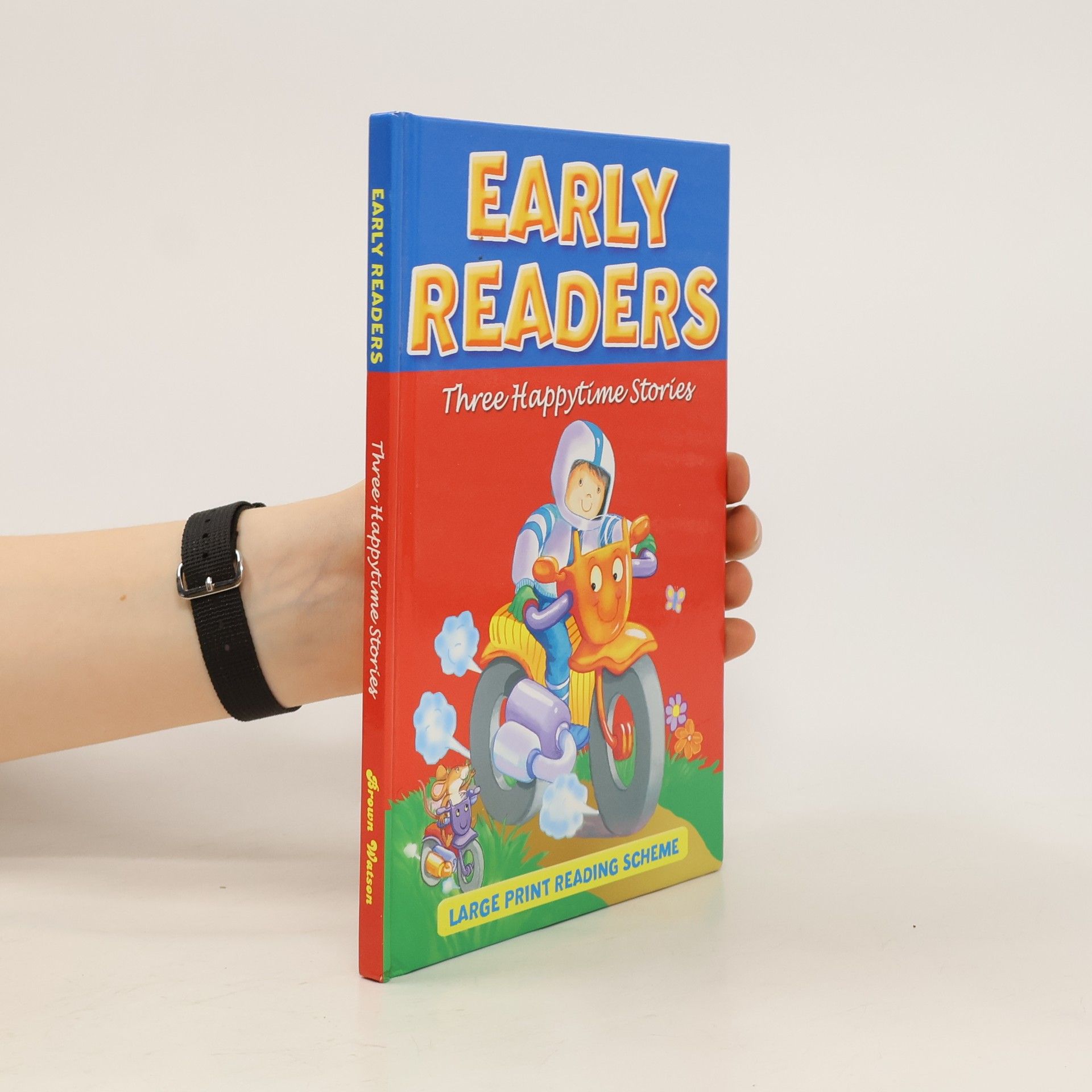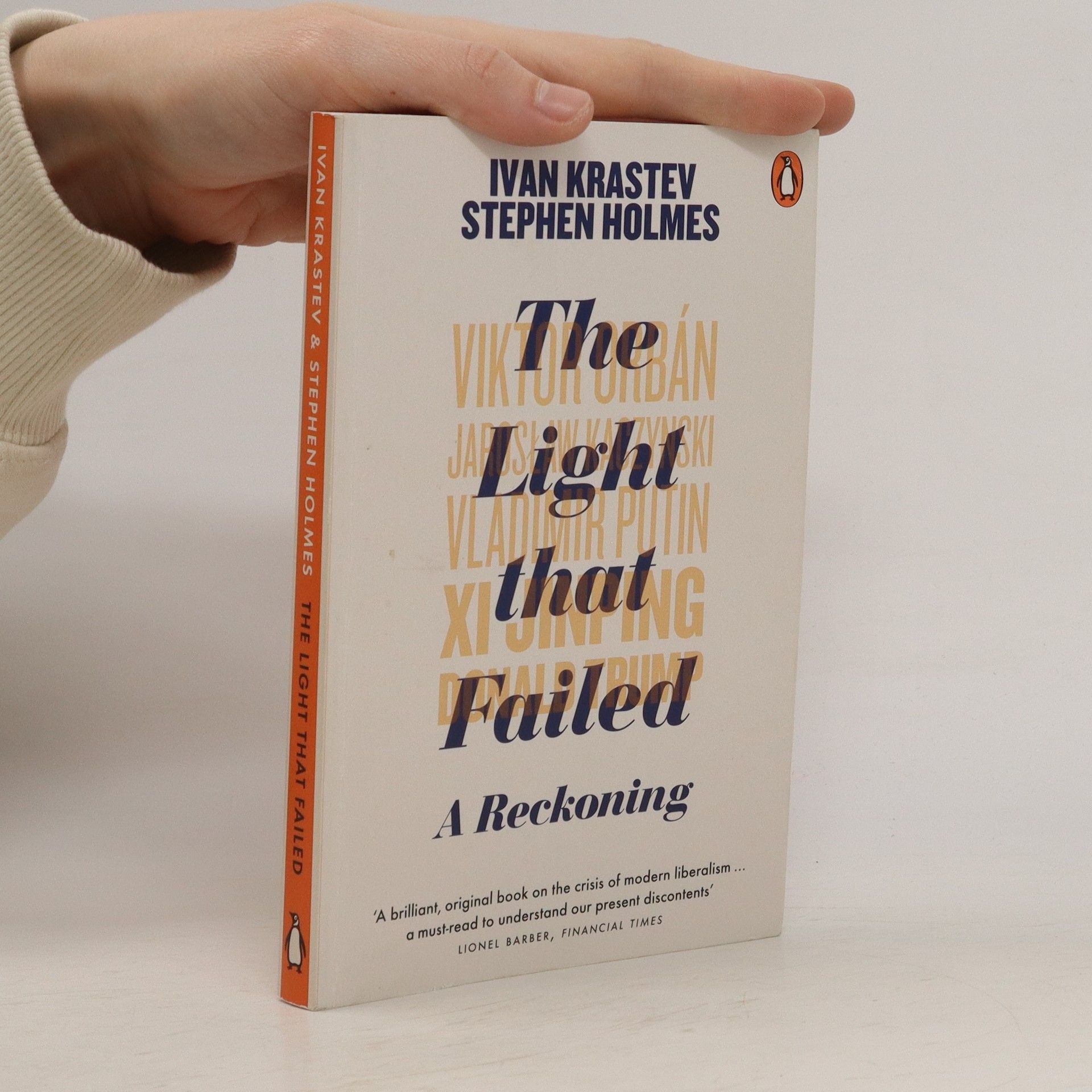The Enormous Turnip
- 28 páginas
- 1 hora de lectura
Favourite stories are retold in a lively natural language to help children to develop the confidence to read alone.
Stephen Holmes profundiza en la intrincada historia del liberalismo europeo, explorando las decepciones que siguieron a la democracia y la liberalización económica tras el comunismo. Examina críticamente los desafíos de combatir el terrorismo internacional dentro de los marcos constitucionales y legales. Su investigación indaga en los fundamentos teóricos de la democracia liberal, investigando la interacción entre pasiones y restricciones en su desarrollo. La escritura de Holmes ofrece profundas perspectivas sobre la teoría política y las complejidades de la era moderna.







Favourite stories are retold in a lively natural language to help children to develop the confidence to read alone.
Why did the West, after winning the Cold War, lose its political balance? In the early 1990s, hopes for the eastward spread of liberal democracy were high. And yet the transformation of Eastern European countries gave rise to a bitter repudiation of liberalism itself, not only there but also back in the heartland of the West. In this work of political psychology, Ivan Krastev and Stephen Holmes argue that the supposed end of history turned out to be only the beginning of an Age of Imitation. Reckoning with the history of the last thirty years, they show that the most powerful force behind the wave of populist xenophobia that began in Eastern Europe stems from resentment at the post-1989 imperative to become Westernized. Through this prism, the Trump revolution represents an ironic fulfillment of the promise that the nations exiting from communist rule would come to resemble the United States. In a strange twist, Trump has elevated Putin's Russia and Orbán's Hungary into models for the United States.
A favourite story is retold in a lively natural language to help children to develop the confidence to read alone.
The Magic Porridge Pot is a delightful classic tale, this is a Level One title for children who are ready to take their first steps in reading.
Ivan Krastev a Stephen Holmes se zamýšlejí nad vznikem a vzestupem hnutí a politických proudů, které se stavějí do opozice vůči liberalismu a které v posledních několika letech důrazně vyvrátily představu, že budoucnost bude nevyhnutelně liberální. Nacházejí zajímavé vývojové paralely mezi střední a východní Evropou, putinovským Ruskem a trumpovskými Spojenými státy. Tento vývoj spolu s nástupem populistických politiků vnímají jako důsledek zhroucení naděje na unipolární liberálně-demokratický svět, jemuž by dominovaly Spojené státy. Detailně se věnují řadě aspektů, které k této změně přispěly, ať už to byla vnitřní ekonomická krize ve Spojených státech, vylidňování ve východní Evropě, resentiment z napodobování Západu, k němuž byly tlačeny země bývalého sovětského bloku, nebo pokrytectví americké zahraniční politiky. Rozpad liberálně-demokratického řádu popisují věcně, byť zároveň s jistou nostalgií, ale i mírným optimismem při pohledu do budoucnosti.
Tyto zábavné dvouminutové povídky tištěné velkým písmem a doprovázené barevnými ilustracemi mají podpořit dovednosti začínajících čtenářů. 15 příběhů postupně obohatí slovník vašeho dítěte a přinese mu chvíle příjemného čtení.